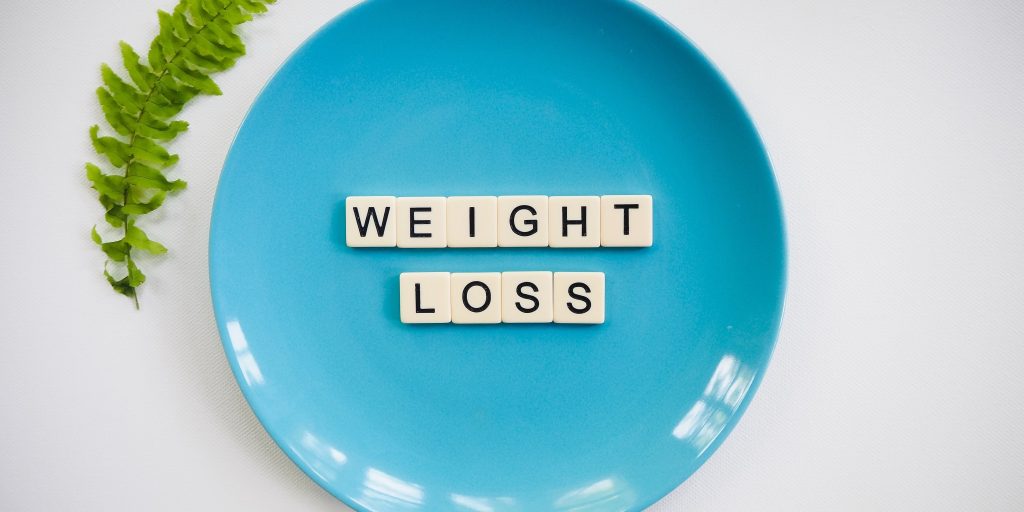
Weight Loss Myths and Realities: Debunking Common Misconceptions for a Healthier You
Discover the truth behind weight loss myths and learn how to achieve a healthier lifestyle. Explore the impacts of skipping meals, the importance of balanced workouts, and the reality of salad consumption. Dr. Saru Singh, an Aesthetic Consultant & Physician, shares expert insights on setting realistic goals and staying motivated on your weight loss journey.
Myth 1: You can lose weight quickly by skipping meals.
Reality: Skipping meals has a number of negative impacts, including a slowed metabolism and difficulty losing weight.
Regular mealtimes help your metabolism stay in check and give your body a steady supply of nutrients, both of which are crucial for long-term maintenance of a healthy weight. It’s crucial to remember that skipping meals might result in binging on unhealthy snacks or overeating later, which can actually make you gain weight. You may stay on track and prevent the unpleasantness of hungry pangs by eating smaller, more frequent meals throughout the day.
(ALSO READ: 5 Common Mistakes to Avoid When Starting a Healthy Diet )
Myth 2: Excessive cardio will speed up fat burning.
Reality: Often, cardio alone is insufficient for lasting weight loss.
Cardio should be done in conjunction with weight training, a balanced diet, and both. You may develop a successful weight loss strategy using these three elements.
Strength training activities are ideal for weight loss because they force your body to expend more energy (burn more calories), in contrast to cardio, which can speed up your metabolism and aid in calorie burning. In conclusion, you get more muscle and burn more calories. Your body gets the fuel it needs from a nutritious food to keep up with your activity program.
The more you stick to your plan, the better results you’ll get over time.

Myth 3: Daily salad eating promotes weight loss.
Reality: The truth is that while eating salads is a terrific method to receive a variety of nutrients, weight loss is not guaranteed.
If you top your salad with high-calorie ingredients like paneer, creamy sauces, and croutons, your salad may interfere with your attempts to lose weight. Pick nutritious toppings for your salad, such as grilled chicken, almonds, seeds, or avocado, to make sure it supports rather than detracts from your objectives.
If you exclusively eat salads, you run the risk of feeling deprived of your favorite meals, which frequently results in desires for junk food. The key to long-term success with healthy eating is to constantly include a range of choices.

Dr. Saru Singh, Aesthetic Consultant and Physician shares her thoughts on common misconceptions about weight loss. She also highlighted the tips for setting realistic goals and maintaining motivation throughout the journey of weight loss,
Losing weight is usually difficult due to widespread misconceptions. First off, it is false to think that short-term fixes, like crash diets, have long-lasting effects. Rapid weight loss is detrimental to your general health since it typically causes muscle loss. Second, restricting whole food categories is useless; the secret to long-term weight loss is a balanced, nutrient-rich diet. Thirdly, concentrating just on the scale may be disheartening; it’s important to recognize other achievements, such as having more energy and a more positive outlook.
In order to reach them, set reasonable goals and gradually raise them over time. To stay committed in the face of challenges, discover your inner motivation and the reason for your weight loss goal. Build a strong support system that includes friends, family, and/or specialists to provide guidance and inspiration. Finally, bear in mind that persistence is key, setbacks are a given along the way, but they shouldn’t prevent you from completing your goal. Therefore, having long-term success with weight loss calls for tolerance, setting realistic goals, and sustaining an unwavering drive anchored in the greater good.



